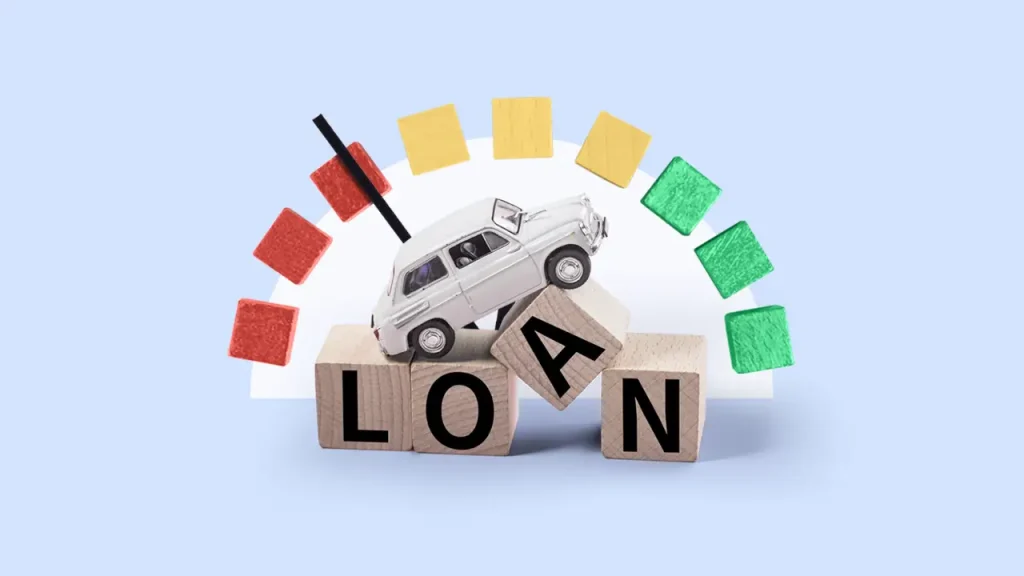Securing a car loan with bad credit in the United States can often feel daunting, but it’s certainly not impossible. Many people find themselves in a position where their credit score isn’t ideal, yet they need reliable transportation. Understanding the steps to increase your chances of approval is crucial. In this guide, we’ll explore effective strategies to help you navigate this process and get behind the wheel without stress.
Whether you’re looking to upgrade your current vehicle or purchasing your first, obtaining financing may require creativity and persistence. Thankfully, several methods can improve your prospects and help you leverage your financial situation to your advantage. Let’s delve into the details and find out how you can secure that much-needed approval.
Understanding your credit situation

Before applying for a car loan, it’s essential to have a comprehensive understanding of your credit report. Knowing where you stand financially is the first step in strategizing for a loan. Obtain a free credit report from each of the major bureaus: Experian, TransUnion, and Equifax. This allows you to verify the accuracy of the reported data and dispute any errors that may be negatively impacting your score.
Reviewing your report also gives insights into what specific areas need improvement. Focus on handling any outstanding debts or delinquencies that could hinder your approval chances. Although repairing credit mistakes doesn’t happen overnight, persistent efforts can gradually uplift your score and demonstrate financial responsibility to potential lenders.
Exploring lender options
Different lenders offer various terms and conditions, and not all of them view bad credit the same way. Traditional banks might have stricter criteria, while credit unions and smaller lenders could offer more flexibility due to their personalized service approach. They may look beyond your credit score to factors such as your income stability and employment history.
Dealership financing is another avenue to explore. Many dealers work with lenders who specialize in subprime loans designed for individuals with unfavorable credit histories. While these loans might come with higher interest rates, they can be a feasible pathway if you consider refinancing after improving your credit standing.
Improving your chances of approval
While a low credit score presents challenges, certain strategies can improve your approval odds. First, consider making a substantial down payment. This not only reduces the overall loan amount but also exhibits your commitment and reduces the lender’s risk, making loan approval more likely. Another effective tactic is to find a co-signer. A co-signer with a healthy credit score can provide additional assurance to the lender about your loan repayment capability.
This might lead to more favorable terms, such as lower interest rates, which can significantly lower the overall cost of your car loan. Moreover, be prepared to negotiate terms. Don’t hesitate to discuss possible adjustments in interest rates or the loan period with your lender. Demonstrating that you’re an informed borrower who understands the intricacies of the loan process can go a long way in convincing a lender of your credibility, even with bad credit.
Steps post-approval
Once you get approval for a car loan, it’s important to focus on maintaining regular payments. This not only prevents future credit score damage but also sets you on a path toward financial recovery. Consistent payments over the loan term will gradually boost your credit score, opening avenues for better loan terms in the future if you wish to refinance.
Consider setting up automatic payments from your bank account to ensure timely monthly payments. This will help avoid late fees and missed payment repercussions, which could undermine your credit-rebuilding efforts. Regularly reviewing your budget and making adjustments if necessary will help keep your finances on track.
Building a better financial future
While obtaining a car loan with bad credit might seem challenging, it represents an opportunity to start rebuilding your financial health. Use this chance to establish a positive payment history, which will be pivotal in elevating your credit score over time. With each successful payment, you’re paving the way for better interest rates and terms in future financial dealings.
Budgeting wisely and living within your means are critical components of this process. Make sure you have a solid understanding of your financial commitments and adjust your lifestyle as necessary to accommodate them. This conscientious approach will support your overall financial growth, allowing you to make smarter financial decisions in the future.




